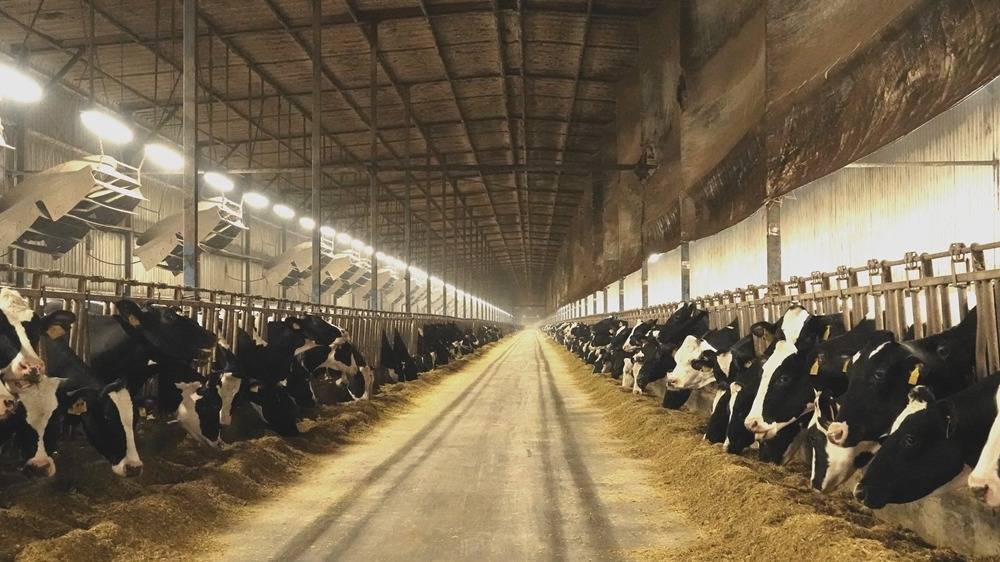Islamabad, April 03: A new study by the Food and Agriculture Organization (FAO) of the United Nations underscores the urgency of improving livestock productivity to curb the rising global use of antibiotics.
Without targeted interventions, antibiotic use in livestock is projected to increase by nearly 30% by 2040.
However, strategic improvements in livestock productivity could potentially cut this increase by half.
The study, The Future of Antibiotic Use in Livestock, estimates that under current trends, global livestock antibiotic consumption could reach 143,481 tonnes by 2040—a 30% rise from 2019 levels.
However, optimized livestock management could reduce this figure by up to 57%, bringing it down to approximately 62,000 tonnes.
“Enhancing livestock production efficiency is key to curbing antibiotic use,” said Alejandro Acosta, FAO Livestock Economist and lead author of the study.
He emphasized that producing more animal-sourced food with fewer or the same number of animals can significantly reduce antibiotic reliance while also boosting global food security.
This aligns with global commitments to tackle Antimicrobial Resistance (AMR), including the 2024 UN General Assembly AMR Declaration, which aims to cut antimicrobial use in food systems by 2030.
However, achieving this target poses challenges, particularly in regions where livestock production is expanding to meet rising food demands.
Read More: Punjab Government Announces Interest-Free Loans for Livestock Farmers
Junxia Song, FAO Senior Animal Health Officer and study co-author, stressed the need for collaborative efforts across the livestock sector to enhance disease prevention.
It is also to strengthen monitoring systems, and invest in innovations that improve animal health while minimizing antibiotic dependency.
Antibiotic Use in Pakistan’s Livestock Sector
An FAO report highlights that in Pakistan, traditional farming methods have shifted towards intensive farming systems, which heavily depend on antimicrobials for productivity and animal health.
Also Read: The Chief Minister Punjab’s Livestock Card: A Gift for Livestock Farmers
To combat foodborne AMR, Pakistan has identified key priority areas, including AMR awareness training for farmers, improving surveillance in food animals, and advocating for policies to phase out antimicrobial growth promoters in animal production.
These measures align with global efforts to reduce antibiotic use and combat AMR.
